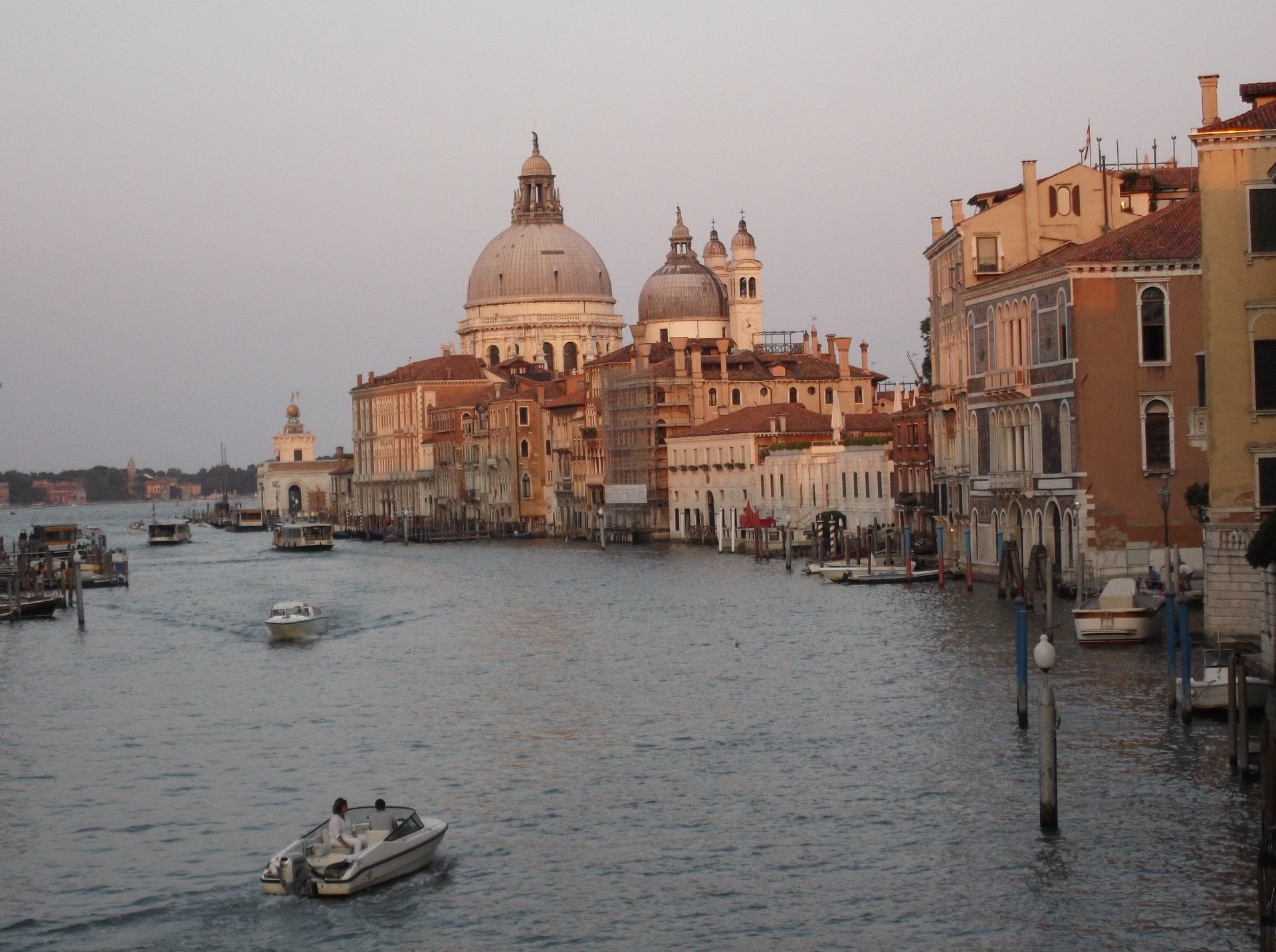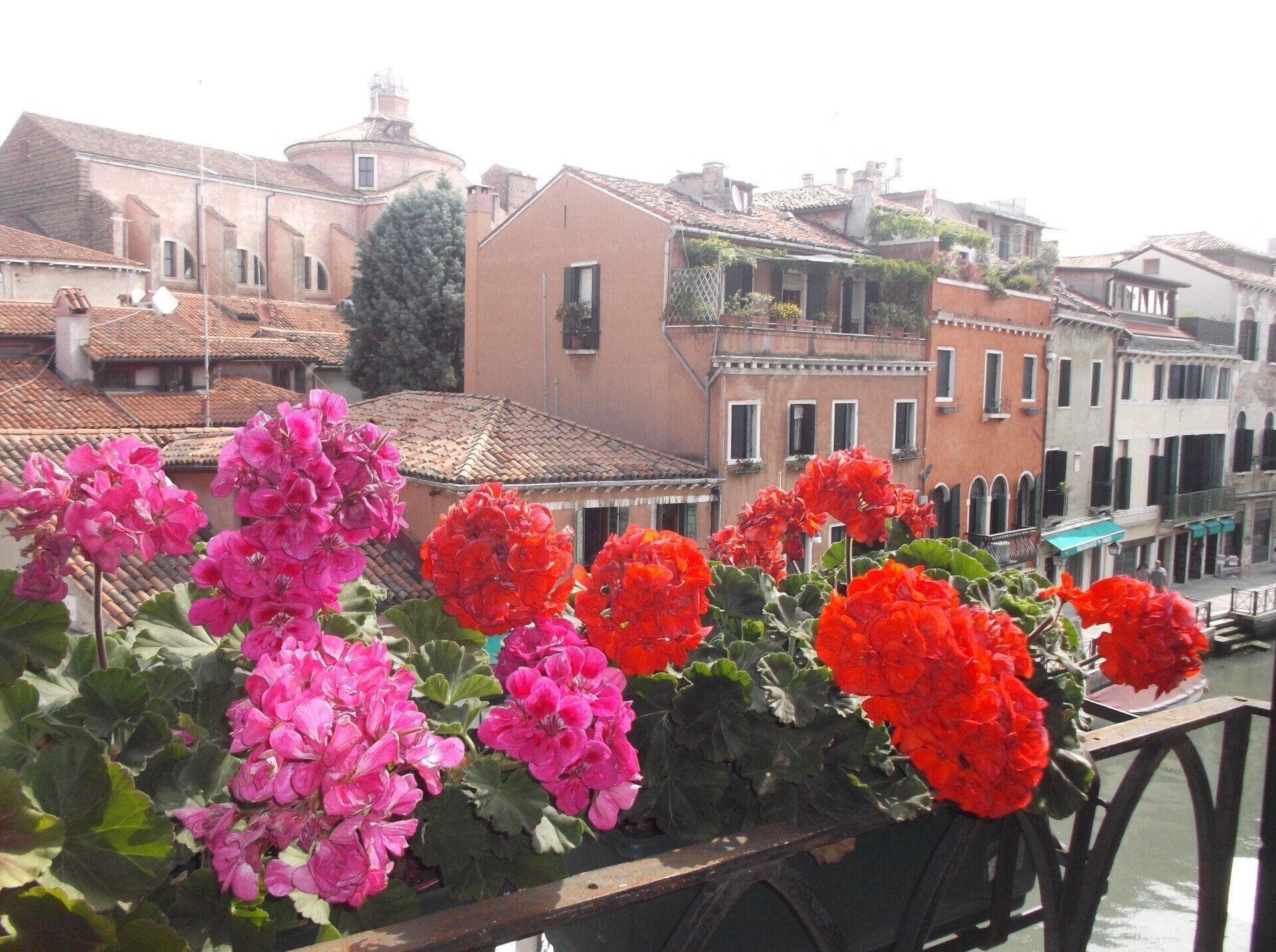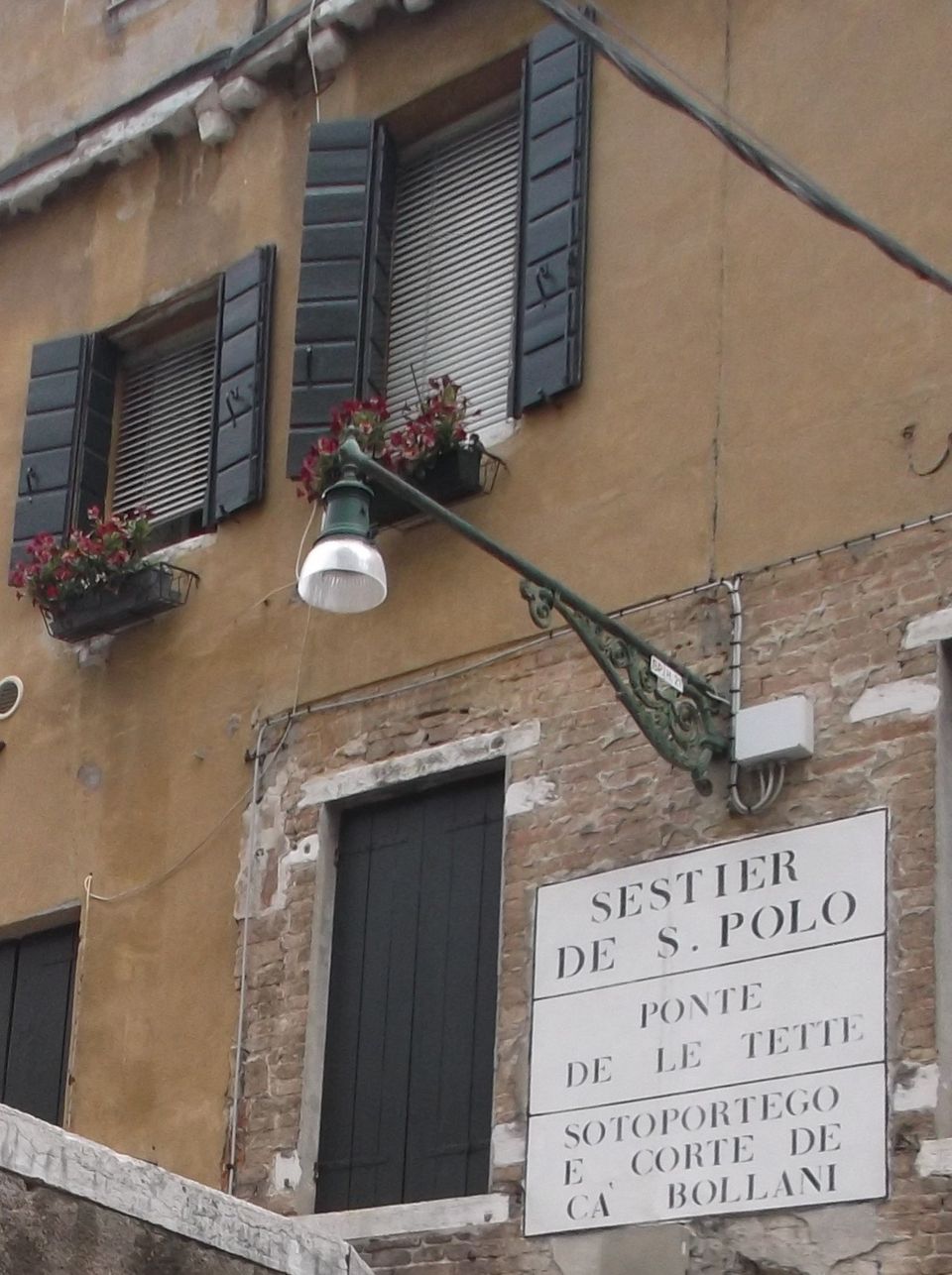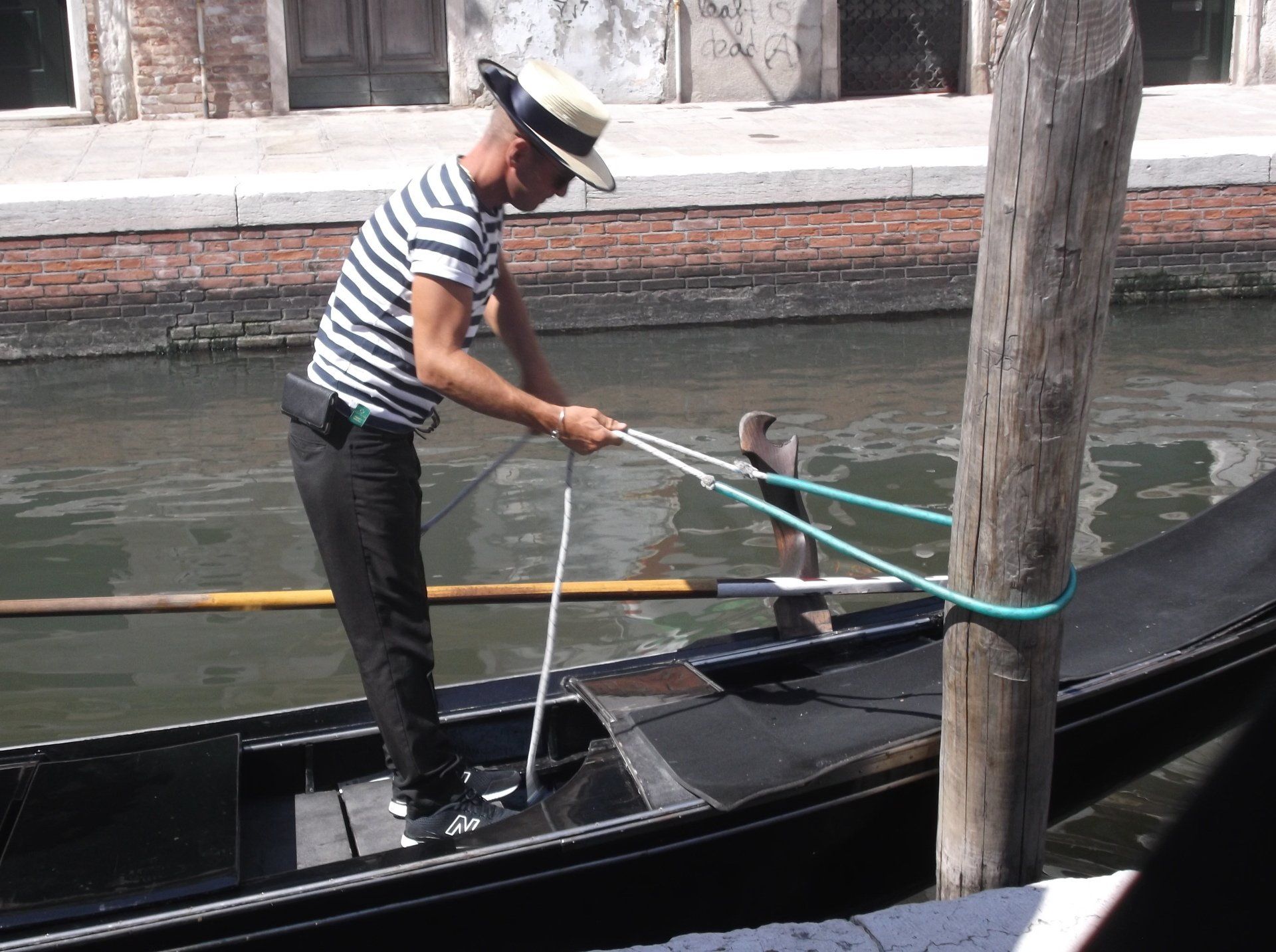IT WAS NO LAUGHING MATTER
Something had to be done . Pronto. The Catholic Church, Venice's governing Council and the sex industry all agreed. How many times in history have these groups cosied up to tackle the common enemy?
We're talking late fifteenth-century. Transvestites from the nearby mainland flooded into Venice like seaweed at high tide. The Catholic Church was appalled. Whatever transgressions it was prepared to overlook, men playing dress-up and selling sex to other men was not one of them. And the new enterprise proved so darn popular! Mama mia! The Church called on the governing Council to act.
Prostitutes were none too happy either. Their clientele diminished as men turned to these Johnny-come-lately practitioners for services they had previously sought from women. Outraged, they petitioned the Council to protect their rights as citizens and taxpayers.
Taxpayers? Fifteenth-century sex workers? You bet. Every woman engaged in the sex industry was required to be officially registered and to pay tax. And Venetians were excellent record keepers. That's how we know that for centuries Venetian prostitution was big, big business. At times as many as one in every eleven citizens was involved in the sex industry. So when prostitutes spoke, governments listened.
They listened now. A large and certain revenue stream was on the line, put at risk by unregistered, untaxed interlopers from the mainland. And the purveyors of righteousness were breathing down their collective necks, making life wearisome. What to do?
The Venetian governing Council fell back to its centuries-old default setting. Wit and cunning, skills honed to perfection as a strategy for survival, won the day.
A section of the San Polo neighbourhood, Venice's sex central, was decreed an area where prostitutes were permitted - encouraged - to flaunt their naked breasts while touting for business. This display of feminine charms would, the Council believed, lure men back to the services of women. The Ponte de le Tette (quite literally, the Bridge of Tits) and the streets surrounding it marked the site of the city's novel initiative.
It was the winning trifecta.
A win for the Church.
Folks got back to more traditional ways of sinning
A win for sex workers.
Prostitution continued apace, full steam ahead into the coming centuries.
A win for the governing Council.
Revenue from the labour of prostitutes flowed into Treasury coffers, financing war games and the eye-watering cost of maintaining an empire.
A bridge over a quiet, backwater canal in Venice. Who knows what mischief it saw?






